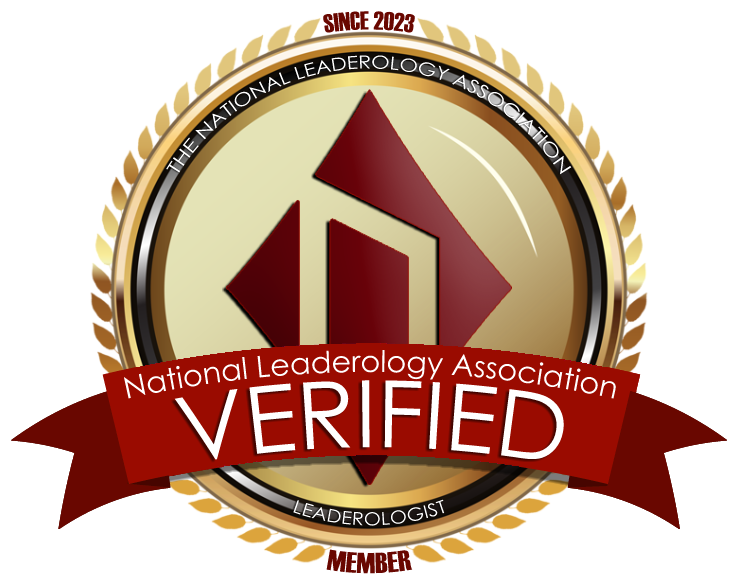
Legal and Ethical Considerations for Private Practice
The National Leaderology Association establishes the following standards to support ethical, professional, and responsible practice across all leadership-science modalities. Leaderology encompasses a range of interventions, including leadership coaching, organizational advisory services, behavior-modification–based development, performance optimization, and Clinical Leaderology for practitioners who choose to work at advanced diagnostic levels. Regardless of modality, all practitioners must uphold these standards to ensure client well-being, protect the integrity of the discipline, and maintain professional credibility.
1. Professional Codes of Conduct
Practitioners must adhere to the NLA’s professional codes of conduct, which define expectations for responsible behavior, ethical judgment, client respect, and accurate representation of qualifications. These codes apply across all practice types, ensuring consistent ethical practice whether the work involves individual coaching, behavioral development, organizational leadership support, or more advanced diagnostic approaches.
2. Confidentiality and Privacy
Protecting client confidentiality is essential across every form of leaderology practice. Practitioners must provide clear explanations of confidentiality parameters and obtain informed consent before any service begins. Client information, including personal details, assessments, and session content, must be stored securely and handled in accordance with applicable privacy laws and NLA expectations. Disclosure is permitted only when legally required or when necessary to prevent imminent harm.
3. Compliance with Laws and Regulations
Practitioners must comply with all local, state, and federal laws relevant to leadership practice, business operations, data protection, and ethical communication. Leaderologists must accurately represent their services and avoid implying licensure or clinical authority outside the scope of leadership science. Practitioners offering Clinical Leaderology services must clearly differentiate their work from licensed mental-health practice while remaining within the boundaries defined by the NLA.
4. Managing Conflicts of Interest
Practitioners must remain alert to potential conflicts of interest that could compromise objectivity or client trust. Dual relationships or situations that blur professional boundaries must be avoided. When conflicts arise, practitioners must take corrective action, such as disclosure, consultation, or referral. Protecting client welfare and maintaining ethical clarity are core expectations across all leaderology modalities.
5. Practicing Within Competence
Leaderologists must operate within their demonstrated competencies and training. Practitioners should not offer services or interventions beyond their qualifications or established expertise. When client needs fall outside the practitioner’s scope—such as situations requiring legal, psychological, or specialized technical expertise—the practitioner is expected to refer the client to an appropriate professional. This expectation applies equally to traditional leadership coaching, organizational advisory work, and Clinical Leaderology.
6. Commitment to Professional Growth
Leaderology is a rapidly advancing discipline. Practitioners are expected to pursue ongoing education, research engagement, and professional development to remain aligned with current standards, emerging evidence, and evolving ethical expectations. This commitment ensures that clients receive informed, modern, and scientifically grounded leadership support.
Statement of Ethical Accountability
By adhering to these standards, practitioners affirm their responsibility to clients, the discipline, and the broader professional community. These guidelines reinforce the integrity of leaderology across all practice types and support the National Leaderology Association’s mission to advance leadership science through ethical, evidence-based, and professional practice.
Updated: 12/8/25

